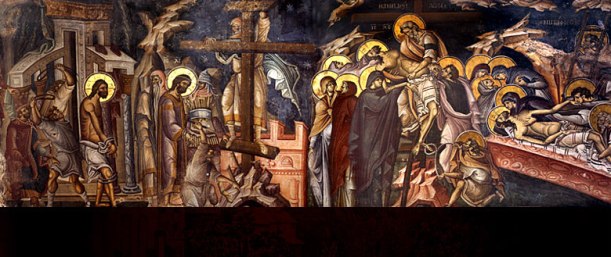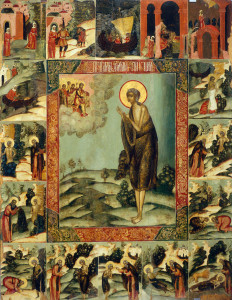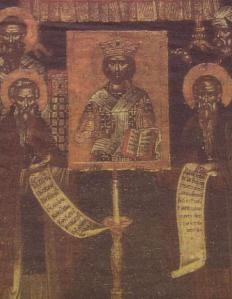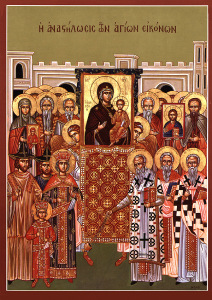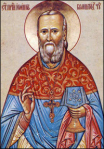 “There is, my brethren, a true, real life, and there is a false, imaginary life.
“There is, my brethren, a true, real life, and there is a false, imaginary life.
To live in order to eat, drink, dress, walk; to enrich ourselves in general, to live for earthly pleasures or cares, as well as to spend time in intriguing and underhanded dealings; to think ourselves competent judges of everything and everybody is—the imaginary life; whilst to live in order to please God and serve our neighbors, to pray for the salvation of their souls and to help them in the work of their salvation in every way, is to lead the true life.
The first life is continual spiritual death, the second—the uninterrupted life of the spirit.”
— St. John of Kronstadt

